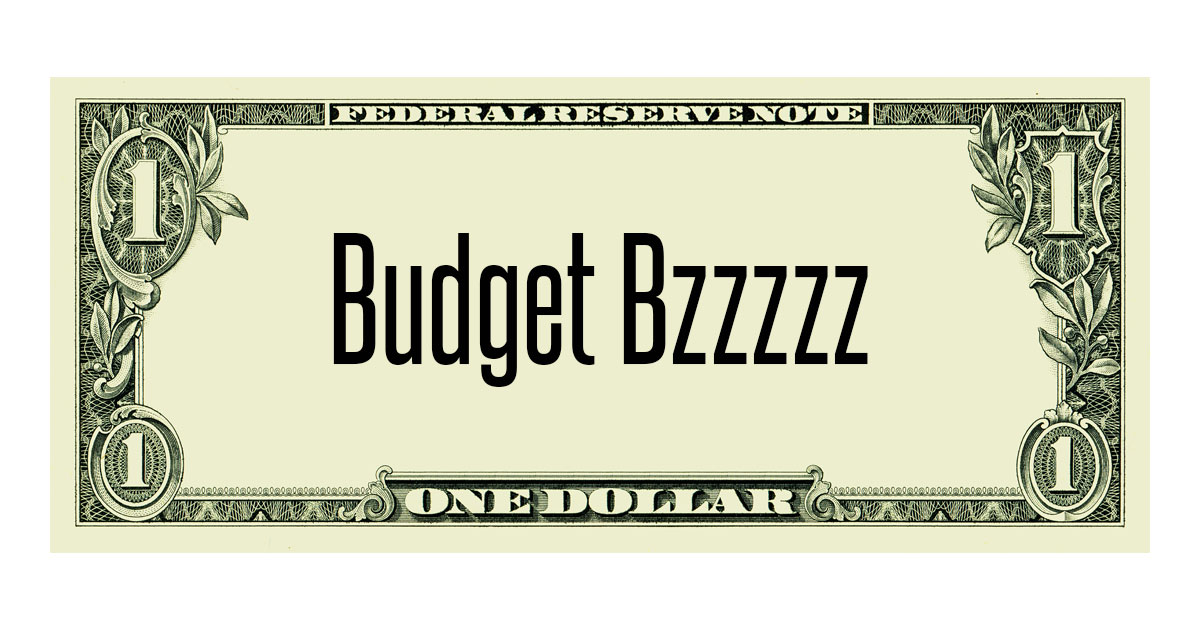Happy New Year! Often, at the start of another year, people set goals and begin different routines. They break away from the ordinary and change things up. So, why not do this with your budget and finances? Last month, I discussed what you need to do at the end of the year. Now, let’s talk about budgeting for the new year.
Organize Your Budget:
You might have done an analysis of your budgeting method in December. Now, it’s the time to put your changes and/or brand-new budget into practice. According to CNNmoney.com, one way to divide your income to make sure you cover all budgeting areas is by using the percentages below:
- 30% – housing and debt (mortgage/rent, credit cards, loans)
- 26% – living expenses (food, clothing, utilities, medical, transportation, and entertainment)
- 25% – taxes (federal, state, local, and property)
- 15% – savings and retirement
- 4% – insurance
To stay on top of these percentages and how much of your income goes where, use a budget worksheet. Consumer.gov has an easy printable worksheet. If this method doesn’t work, don’t give up! Continue searching until you find a budget worksheet and percentages that fit you.
Savings and Emergency Funds:
You might have seen on social media various “money saving challenges,” such as setting aside all of your $5 bills for a whole year or each month putting $25 into your emergency fund. Well, these strategies do have value (no pun intended) to them. Adding to savings can be hard at times. However, small changes can add up over time. One of my favorite money saving challenges doesn’t involve setting aside a certain chunk of income every so often. The task is to eliminate something each month:
January: Skip the restaurants and fast food.
February: Cut out soda, bottled water (use a reusable water bottle), and alcohol.
March: Say no to retail therapy; only purchase what is necessary.
April: Spend less money on entertainment.
May: Eat no junk food.
June: Leave the air conditioner off for as long as possible.
July: Cancel paid subscriptions and unused memberships (you don’t really need that gym membership).
August: Look for extra ways to make money.
September: Limit trips and traveling long distances. If you are looking for a summer getaway, now is the cheapest time to book.
October: Quit expensive habits.
November: Keep your heating costs down and only use when needed (after all, we do live in the south, where it says warm even during this time of the year).
December: Create your own Christmas gifts.
With this strategy, you won’t save the same amount each month, but you will decrease your spending. This plan can also be altered to your schedule and needs. If you need a designated lot of money for each time, start small. Put away loose change or a $5 bill once a week. Then, reflect on how well your process is going and make necessary changes. Whenever an emergency occurs or you want to purchase a big ticket item, you’ll be glad you have the extra money to make that happen. It’s like paying yourself!
Stock Up:
You don’t need to do the extreme couponer’s version of stocking up and creating a stock pile, but it is always helpful to have items on hand. Aim for having a three-month supply of things you and your family use every day. Your “stock pile” could include:
- Pasta
- Peanut butter
- Toilet paper
- Paper towels
- Trash bags
- Shampoo and hair care products
- Oatmeal
- Rice
- Flour, sugar, and other baking essentials
- Nuts and trail mix
- Coffee
- Cleaning supplies
The key to stocking up is to not pay for each item individually. Be on the lookout for coupons that are buy 1, get 1 free and when a coupon is paired with a sale. Buying in bulk from stores, such as Sam’s Club and Costco, are great ways to add to your pile. Also, think about the holidays and seasons. Never spend money on popular purchases until they are out of season. For example, your sweetie can wait until after Valentine’s Day for their candy.
Starting off right with new strategies for your budget will help you all year long. Come December 31st, you’ll be in a better position to accomplish all your financial goals and dreams.






















